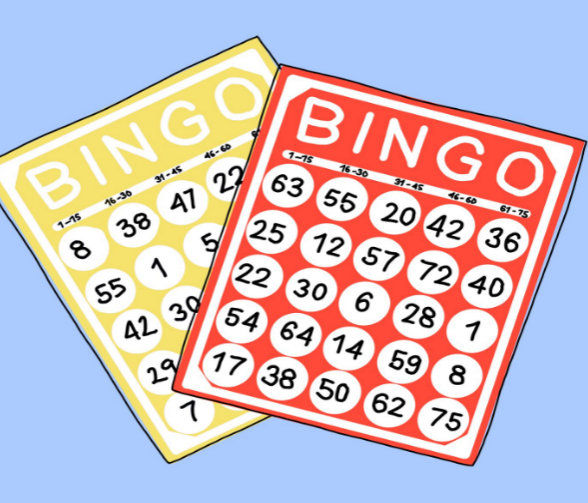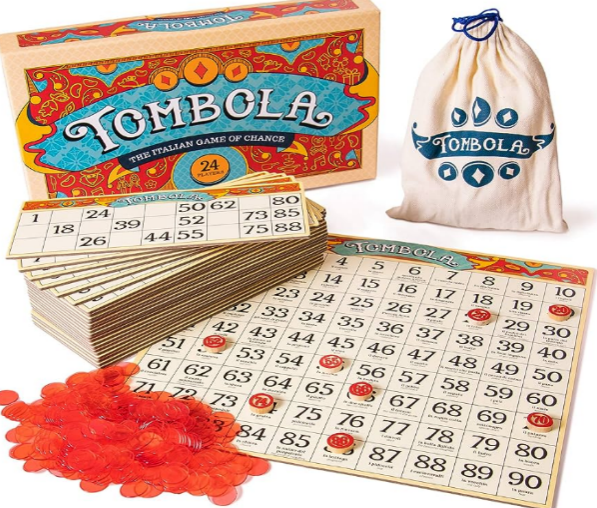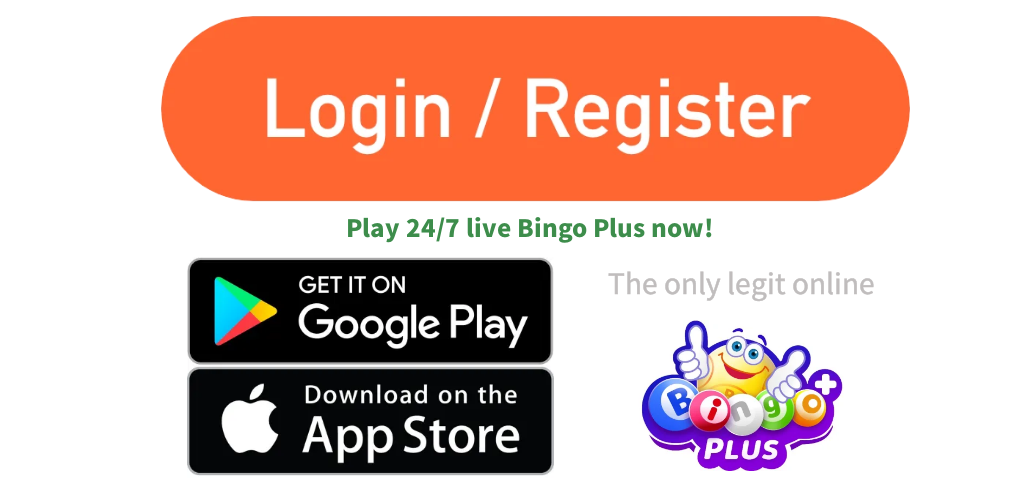In traditional bingo, the number “40” is often simply announced as “four-oh, 40” without a widely recognized or universally rhyming phrase associated with it.
Understanding “40” in Bingo
The traditional call-out for the number 40
Bingo, a game that traces its roots to the 16th century in Italy, has evolved over the years, adopting various phrases for different numbers. One might wonder why specific numbers have the nicknames they do. When it comes to the number 40, traditionally, it doesn’t have a widespread or universally recognized rhyming phrase like some other numbers.

Cultural and regional variations
Across different countries and cultures, bingo call-out phrases can differ significantly. In the UK, bingo number nicknames have a rich history, with some rooted in Cockney rhyming slang or historical events. For instance, “two little ducks” for 22 or “legs eleven” for 11 are such examples. When we look at the number 40, while it may not have a universally recognized call-out, some regions or local bingo halls might have their own unique phrase for it, stemming from local jokes, cultural references, or even hall-specific traditions. It’s a testament to how bingo is not just a game but also a reflection of local culture and community bonding.
Importance of Call-Out Phrases in Bingo
Enhancing the game’s entertainment value
Bingo is not just a game of numbers; it’s an experience. The unique call-out phrases add a layer of fun and unpredictability. Imagine a hall full of players waiting in anticipation, not just for the next number, but for the next quirky or humorous phrase that accompanies it. It’s this blend of tension and amusement that keeps players engaged and entertained. Nicknames like “unlucky for some 13” or “two fat ladies 88” bring chuckles and smiles across the hall. These playful phrases also help in retaining the traditional charm of bingo while adding a modern twist.
Building camaraderie among players
Bingo halls are often bustling with energy, filled with regulars and newcomers alike. While the aim is to win, the call-out phrases serve as common ground, fostering a sense of belonging and unity. For instance, when a caller announces a well-known phrase, it’s not uncommon for the players to chorus the phrase back, turning the game into a communal event. This shared experience, stemming from familiar bingo lingo, solidifies the bond among players, turning strangers into friends over shared jokes and references.
Aids in clarity and reduces mistakes
Beyond entertainment and camaraderie, there’s a functional aspect to these call-out phrases. By using unique phrases, callers ensure that players don’t misinterpret the announced number. A player might mishear the number “17” in a loud environment, but the phrase “dancing queen 17” provides additional context and clarity, reducing the likelihood of errors and ensuring a smoother game flow.
Other Popular Bingo Phrases and Their Origins
“Two little ducks” for 22
This bingo call-out paints a vivid image that’s hard to forget. The number “22” visually resembles two ducks sitting next to each other, making the connection rather intuitive. Moreover, the rhyme and rhythm of the phrase add to its memorability. The fun and whimsical nature of comparing numbers to everyday objects, animals, or scenarios is a long-standing tradition in bingo, and “two little ducks” is one of the most iconic examples.
“Knock at the door” for number 4
Such phrases transport players, momentarily, away from the game, creating vivid imagery and adding a layer of narrative to a simple number drawing.

A deeper look into other quirky call-outs
The world of bingo is filled with colorful and creative phrases that make every game an adventure. Some of these phrases stem from historical events, cultural references, or even societal changes.

